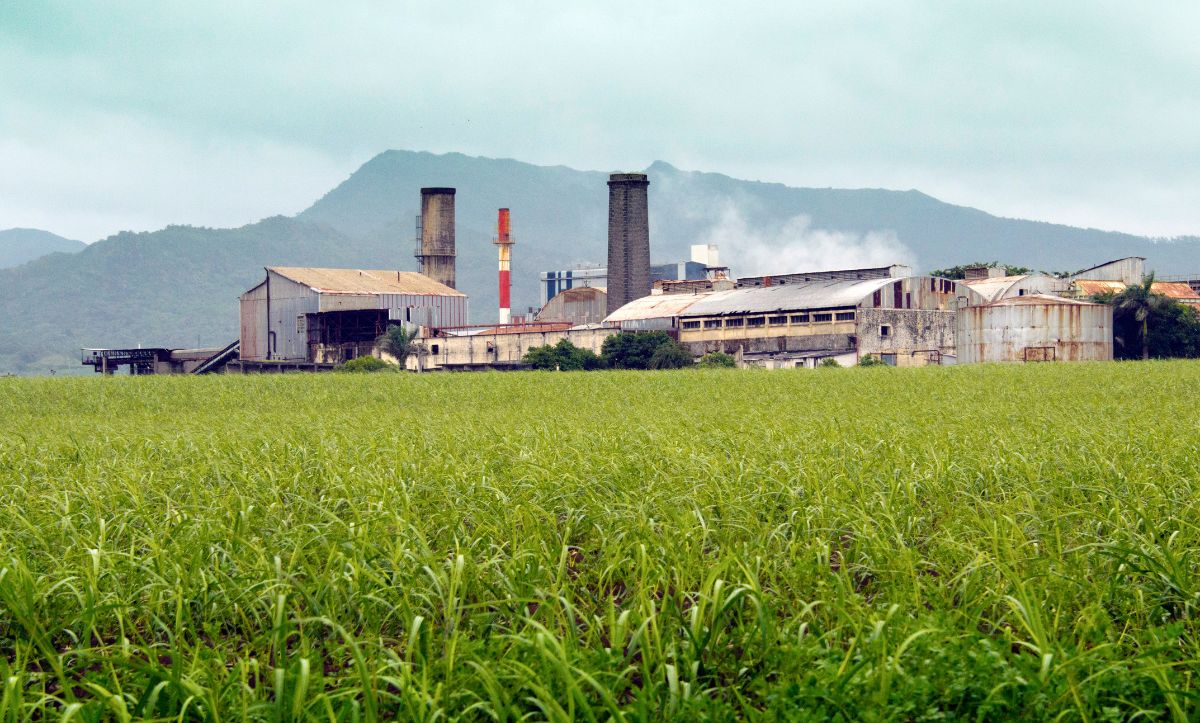
As the world grapples with climate change, environmental degradation, and energy security, the transition to cleaner fuels has become imperative. India, with its vast agricultural landscape, is poised to leverage its waste resources to produce cleaner energy. Indian sugar mills, in particular, play a vital role in this transition through waste-to-Bio-CNG production.
The Potential of Indian Sugar Mills
India’s sugar industry generates approximately 100-150 million tonnes of bagasse (waste) annually. This biomass can be harnessed to produce Bio-CNG, a cleaner alternative to fossil fuels. With over 650 sugar mills in India, the potential for Bio-CNG production is substantial.
The Waste-to-Bio-CNG Process
The waste-to-Bio-CNG process involves:
1. Anaerobic digestion of bagasse to produce biogas.
2. Gas cleaning and upgrading to produce Bio-CNG.
3. Utilization of Bio-CNG as a transportation fuel, industrial fuel, or electricity generation.
Benefits for Sugar Mills
1. Additional Revenue Stream: Bio-CNG sales generate additional revenue.
2. Reduced Waste Disposal Costs: Effective waste management reduces disposal costs.
3. Enhanced Energy Independence: Sugar mills can meet their energy requirements through Bio-CNG.
4. Carbon Credits: Bio-CNG production earns carbon credits, enhancing the mill’s sustainability profile.
Government Initiatives and Incentives
1. National Biofuel Policy (2018): Encourages biofuel production.
2. SATAT Initiative: Supports waste-to-Bio-CNG projects.
3. MoPNG Subsidies: Financial incentives for Bio-CNG production.
4. Tax Benefits: Exemptions and concessions for biofuel producers.
Success Stories
1. Shree Renuka Sugars: 10,000 kg/day Bio-CNG production.
2. Bajaj Hindusthan Sugar: 5,000 kg/day Bio-CNG production.
Challenges and Solutions
1. High Upfront Costs: Government subsidies, private investment.
2. Technology and Expertise: Collaboration with experts, training.
3. Feedstock Quality and Availability: Ensuring consistent bagasse supply.
Future Outlook
As India strives to reduce its carbon footprint, waste-to-Bio-CNG production in sugar mills will play a critical role. With emerging technologies, increasing adoption, and favorable policies, the transition to cleaner fuel is underway.
Call to Action
Indian sugar mills, policymakers, and stakeholders must:
1. Embrace Waste-to-Bio-CNG Technology.
2. Enhance Policy Support.
3. Foster Collaboration.
4. Invest in Research and Development.
